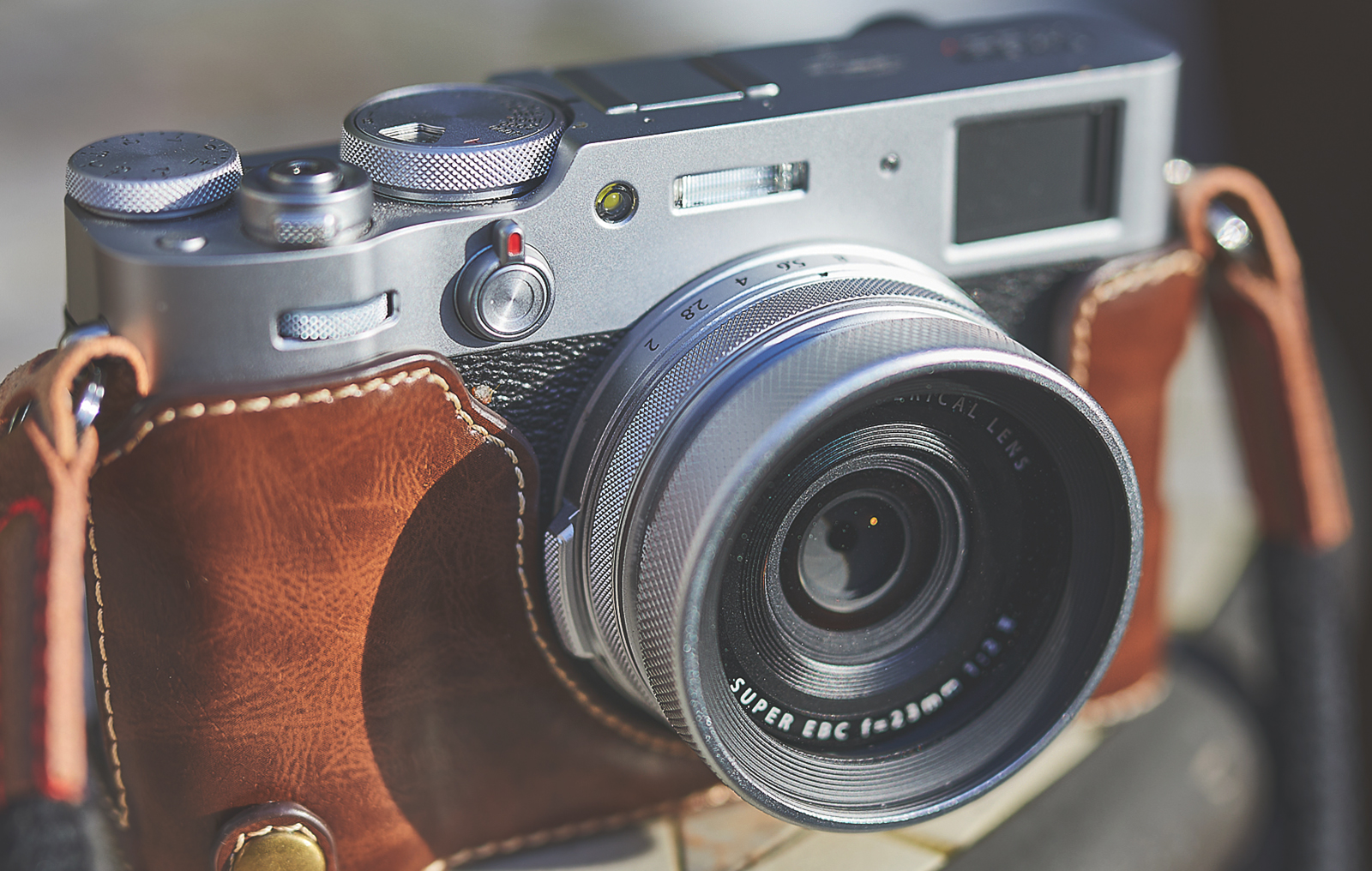There is no such thing as the perfect camera, if there was, everyone would be buying it. But we can say that some cameras are better suited to us than others.
Of all the questions I regularly get asked, the one about cameras is usually the most common.
“What camera should I buy”
“What camera would you recommend for someone new to photography”
“Which camera is best?”
Understandably, most new photographers want to make a good decision about the money they're about to spend.
The camera industry has just been through a major shake-up, as one by one, manufacturers have gradually stopped production of DSLR cameras in favour of the new ‘Mirrorless’ cameras.
DSLRs have been around for a couple of decades and most people are familiar with them, but mirrorless only started to appear about 10 years ago and have taken a while to perfect their game..
Initially they just weren’t good enough. But like most new technologies, as time passes so the product gets better. Eventually they progressed to the point where DSLRs could no longer keep up (technologically-speaking).
The early players in the mirrorless field were Fuji, Olympus, Panasonic and Sony. Canon and Nikon, the market leaders in DSLR cameras were slow to join the race, but when eventually they did, it marked the death knell for the older mechanical DSLR format.
Understanding the difference between DSLRs and Mirrorless is helpful, but the big question remains... which is the right one for you?
My Favourite Camera
The camera below is a Fuji X100V.
This current model is the 5th generation of the first mirrorless camera I bought back in 2011.
It remains my favourite camera to-date (despite the fact that its lens is fixed to the body (it can't be changed) and it has a fixed focal length too (no zoom). Those restrictions are considered by many to be an advantage, forcing you to think about composition and to take time with your shots.
Photography Basics Part. 1
Today we begin a 10-week series looking at some of the basics of photography.
It is designed specifically for new photographers (newbies) and addresses many of the key technical essentials you'll need to master your camera.
Most of the episodes are expected to be relatively short in length, this first one is around 50 mins, as it also acts as an introduction to the series.
In the following episodes we'll also be looking at:
- Aperture
- Shutter Speed
- ISO
- Shooting modes
- Controlling your focus
- Controlling your exposure
- Lens choice
- Keeping motivated
- Editing
Some links from the discussion
These are great sources of used gear that I personally recommend.
Introduction To Photography (1-day Workshop)
Run four times a year, this one-day photography workshop will equip you with the knowledge you need to move from simply being a camera-owner… to becoming a real photographer !
Whether you're photographing your kids, snapping your holidays or you're hoping to progress your photography to a more creative level, you'll still need a solid grasp of the basics.
Photography Assessment Tool:
Use this online tool to assess your photography knowledge and get a snapshot of your strengths and weaknesses.
Hampshire School of Photography (HSP)
Hampshire School of Photography is based in Fleet, Hampshire, on the border with Berkshire and Surrey.
Its wide ranging curriculum teaches photography to enthusiasts at all levels - from complete beginners and advanced amateurs, through to those who want to go professional.
It does this through workshops and year-long courses that provide solid foundations in (amongst other things): photography theory, composition, portrait & landscape photography, working with flash, macro photography and editing in Lightroom and Photoshop. Some of our courses go even deeper… to stretch students with challenging assignments, forcing them out of their comfort zones.
Founder of HSP, Kevin Ahronson, also offers private mentoring to a small number of people each year, as his busy schedule allows


